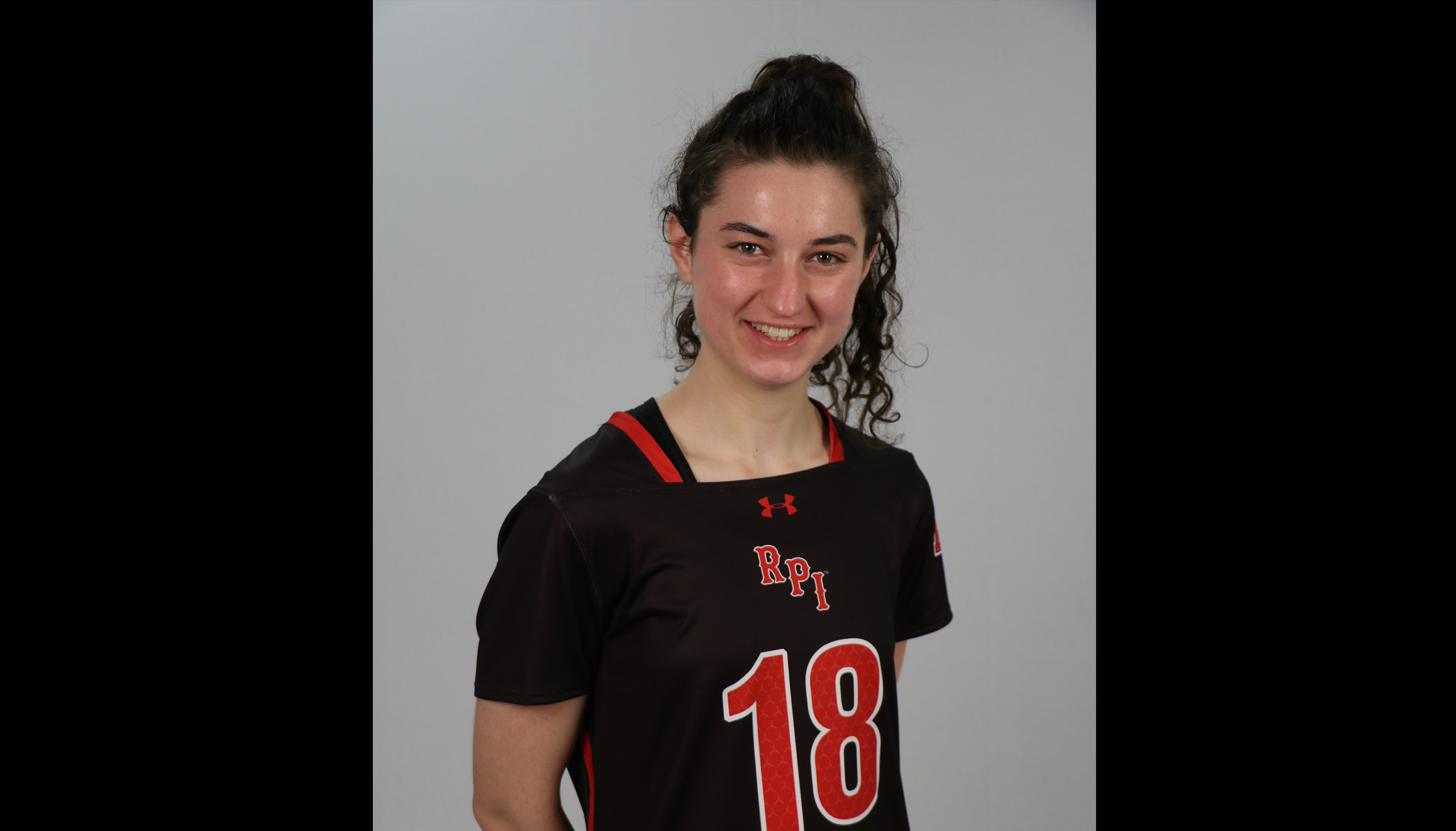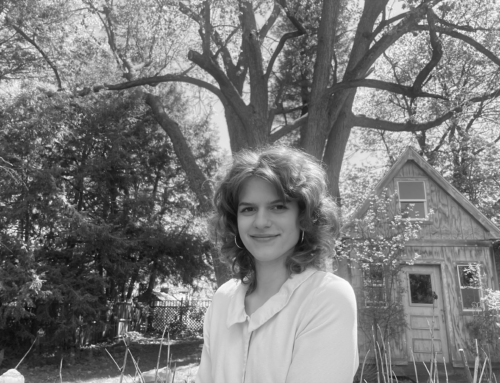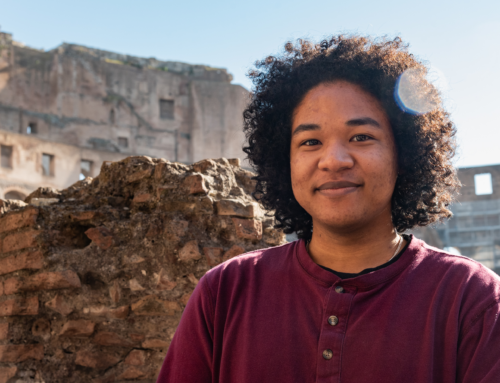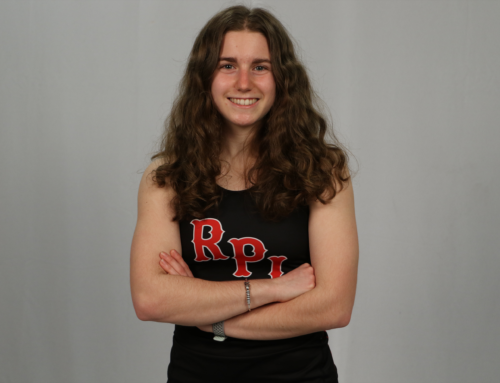When Christina Rogers chose Rensselaer Polytechnic Institute, it was for the “high-quality education and academic rigor,” and because she would be able to continue to play lacrosse at a collegiate level. Unfortunately, her lacrosse career was sidelined due to an injury her freshman year and two years of non-competition due to COVID-19. It was not until her senior year that she was finally able to compete.
Her academic career, however, didn’t miss a beat as she received her undergraduate degree in biomedical engineering and her master’s in mechanical engineering in 2021 and 2022, respectively.
Rogers was able to keep in shape for lacrosse even while not playing competitively and she credits the strength and conditioning staff at Rensselaer. “The staff is amazing, and put together workout programs to keep us in shape all throughout COVID,” she said. Keeping compliant with COVID protocols on campus, Rogers said the women on the team would try to play pick-up games in small groups.
While Rogers was taking classes and maintaining her connection to lacrosse, she was also an active volunteer with the Engineering Ambassadors (EAs), I-PERSIST, and tutoring for the Advising and Learning Assistance Center (ALAC).
EAs are engineering students who work with younger students sharing what they learn in their respective majors and educating them on the latest technological breakthroughs and real-world challenges. The EAs visit public and private K-12 schools with presentations geared to engage the students, introduce team-building skills, and challenge them with problem solving. “It is amazing to work with students and see their interest grow as they learn about something new,” Rogers said.
I-PERSIST is an acronym for Integrative-Program for Education, Research, and Support Involving Science and Technology, and is a mentoring program. Rogers was a Calculus 1 mentor assisting first-year students in small group sessions. Rogers also tutored in high school and did work through their National Honor Society.
Rogers interned at Stryker, one of the world’s leading medical technology companies, and will begin work with them in a product development rotational program with the Joint Replacement division. As an intern, she worked with other engineers and surgeons to design, modify, size, and replace components for knee, hip, and shoulder cases. “I want to continue with this type of work because you can really make a direct impact that can drastically improve a person’s quality of life through these orthopedic devices,” Rogers said. “It also involves a lot of problem solving, collaboration, and creative design, which are all skills I would like to use on a daily basis in my career.”
Rogers has learned during her college career that through hard work you can accomplish anything you set your mind to. “At RPI, I was challenged and pushed to put forth my best work and take on projects that I never thought I could. But I also learned that it is, in fact, the people who you surround yourself with are vitally important, and you can get through anything with the right people around you,” she said.




